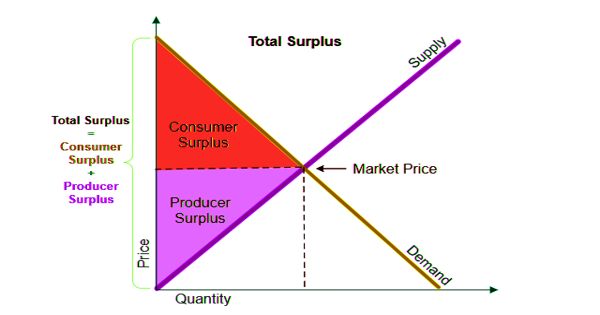A country’s economy experiences inflation when prices for goods and services on the whole tend to rise over time. The currency utilized in that economy is also devalued. The construction business faces significant challenges from inflation, which drives up the cost of building supplies, machinery rental fees, consulting costs, and other project inputs.
As a result, it can cause the project to take longer to complete, cost more to build, and have worse profit margins. Construction projects must contend with more than just inflation. Contrary to other situations, it has an impact on personnel, clients, and the construction industry. For instance, the client is now responsible if the contractor raises pricing or extends the timetable for construction.
Price of Construction Materials
The cost of various building materials continues to rise over time due to inflation, which has an impact on both ongoing projects and bids. Existing works’ profit margins will shrink, and bid prices will rise.
Any delays or long delivery of construction materials will further increase the extra cost. As a result, the initial and final costs of projects would differ.
About 35% to 60% of the total cost of construction goes toward the cost of the building materials. Therefore, it is crucial to understand the elements that affect the price of building materials.
It is possible for cost divergence to be both positive and negative. It implies a cost overrun if it is positive. The cost overrun, which is frequently a concern in the building business and is closely tied to inflation. The increase in construction materials is the main cause of cost overrun anxiety. Sometimes, contractors delay projects to prevent cost overruns.
Prices of Other Construction Inputs
The cost of other construction inputs like fuel, machinery, and technology rises as a result of inflation. For instance, the cost of gasoline in the United States increased dramatically from $3.01 per gallon in 2021 to around $5 per gallon in 2022. So, higher energy prices mean higher transportation costs of materials and equipment and higher costs for rented machinery.
Construction equipment producers frequently raise prices as a result of rising raw material costs and manufacturing delays brought on by inflation. This reduces the profitability of the entire project.
In the construction sector, inflation can result in concerns with cash flow management, a reduction in sales volume, extended production schedules, and other problems.
Affect of Inflation on Construction Parties
The sales team may earn a commission per project. They may benefit from inflation only when the project price is raised and when there is no reduction in the number of clients.
The rate of wage growth for skilled workers differs from that of currency depreciation or price rises for necessities like food, clothing, and other necessities. This motivates employees to demand a better wage and working conditions. Another issue that the construction industry is having as a result of inflation is a manpower shortage.
The long-term relationship between the contractors and the supply chain partners is strained because supply chain partners are likely to transfer the cost of inflation to the contractor.
Affect of Inflation on Small Firms
Inflation’s impacts on the construction sector are different from those in other industries and depend on the market and the materials used.
Small businesses that operate on set prices will be severely impacted by inflation and may even go out of business if they are unable to meet the increased cost of goods. Small businesses are encouraged to work at flexible rates as a result, and they become hesitant to accept new business.
For small businesses operating outside of urban areas, site accessibility is an added concern. The hierarchy of the construction process is thought to place small enterprises working outside of cities as the weakest construction party.
Modern construction companies have the ability to order materials well before work really starts. Companies using conventional construction techniques can, however, order materials around two weeks beforehand. This is mostly due to a shortage in storage spaces.
It is estimated that the U.K. will need to build around 340,000 homes. So, any delay or problem in the construction plan will create a housing crisis. Because of this, contractors must carefully prepare their next bids and construction strategies in order to avoid inflation-related cost overruns and retain a respectable profit margin.
















